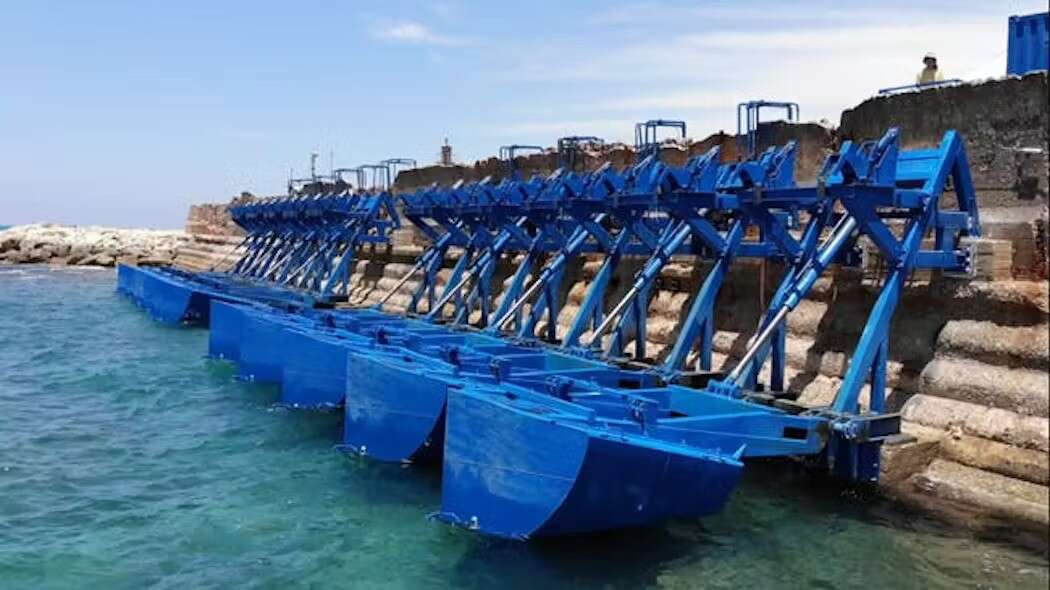A consortium of energy companies and universities is developing a wave-energy microgrid, which will be deployed on the remote and threatened ecosystem of Koh Tao island, “Turtle Island”, famed for its superb scuba diving. The eight-square mile island is an important breeding ground for Hawksbill and Green turtles.
When completed, this microgrid will replace polluting diesel generators on the vacation island. “This project presents a unique opportunity for us to research a new technology application for our wave energy converters, customized for islands and other microgrid applications,” said Inna Braverman, founder and CEO of Eco Wave Power.
Other partners in the consortium include Hitachi Energy, Toshiba, Aquatera, with additional support coming from the Asian Institute of Technology, the University of Manchester, University of Exeter, and Queen Mary University in London in the UK.
The microgrid system will include onshore wave energy converters, a wireless distributed energy management system – instead of battery storage – and AI-based technologies. The Provincial Electricity Authority (PEA), is the Thai government power provider that will operate the microgrid. Its electricity tariff on the island will be comparable to that of a monthly mobile phone bill. Under the agreement, residents will not be billed asset ownership or maintenance costs for the microgrid or its components, as this is a pilot project.
The consortium was recently awarded a nearly £1.5 million ($1.9 million) grant from the UK’s Energy Catalyst program. As part of Innovate UK, the Energy Catalyst program supports the development of technologies that deliver clean, affordable and accessible energy in sub-Saharan Africa, South Asia or Indo-Pacific regions. This is the second grant the consortium has received from Innovate UK. The first grant funded a feasibility study for the wave-energy microgrid project.
There is a considerable attraction for wave and other marine power for small islands: they don’t have the costs of bringing in diesel fuel for generators, and the lack of pollutants mean fragile habitats would be less at risk from harm.












